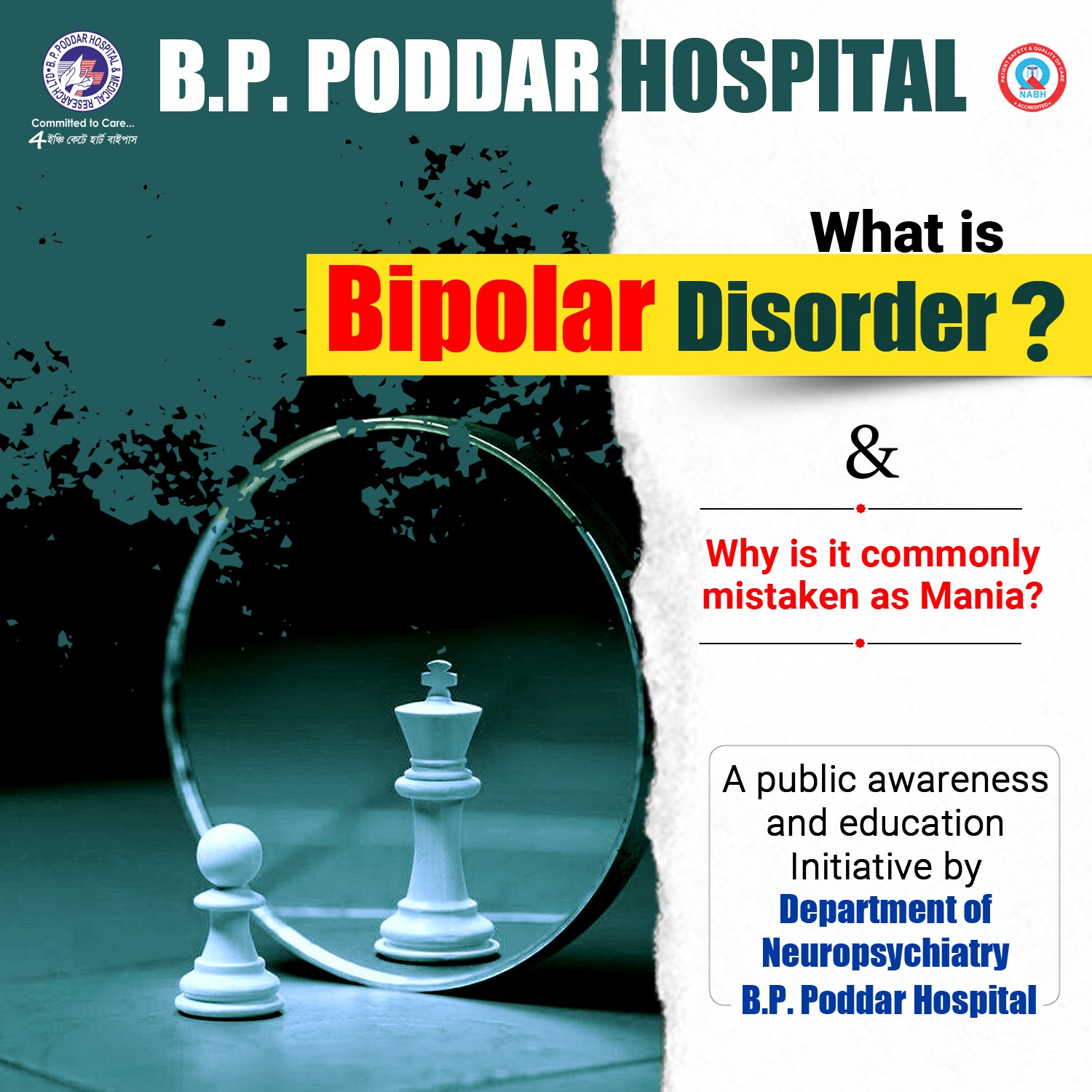
Every year on March 30, World Bipolar Day is celebrated in honour of Dutch painter and one of the most significant figures in Western art history, Vincent van Gogh. His mental disease and inventiveness were correlated, and bipolar disorder was later identified as his illness. Bipolar illness has a significant impact on mood and can cause depressive and euphoric episodes, which can be detrimental to one's relationships, work, and health. Through worldwide cooperation, World Bipolar Day supports education about bipolar disorder and encourages its dissemination.
The International Society for Bipolar Disorders (ISBD), in collaboration with the International Bipolar Foundation (IBPF) and the Asian Network of Bipolar Disorders, created World Bipolar Day. (ANBD).
The definition of bipolar illness goes back to ancient Greece and is not a contemporary problem. The medical writings of Hippocrates, a man who is frequently referred to as "the father of medicine," contain the oldest reference of the mental disorder. He published his research on melancholy and mania, two completely different emotions.
The 19th century saw the development of the contemporary conceptual grasp of bipolar illness.
Jules Baillarger, a French neurologist, and Jean-Pierre Falret, a French psychiatrist, each gave their own independent accounts of bipolar illness to the Académie de Médecine in Paris in 1854. Since the word "bipolar disorder" had not yet been developed, Baillarger and Falret referred to the condition as "folie àdouble forme," which is French for "dual-form insanity," and "folie circulaire," which is French for "circular insanity."
Since its founding in 1999, the International Bipolar Foundation (IBPF) has conducted study on bipolar illnesses and assisted those who are affected by them. We underestimate the prevalence of bipolar illnesses. While the affected individual is truly experiencing waves of mania or melancholy, extreme mood fluctuations often go undetected or are written off as temperamental problems. Because the condition has an effect on one's capacity to operate, people with this mental disease lead lives that are disrupted. Fortunately, therapy options include prescription drugs and in-depth counselling.
It is not simple to live with bipolar illness, but as Van Gogh himself said, "The beginning is perhaps more difficult than anything else, but keep heart, it will turn out all right."
Bipolar disorder is a brain disorder that causes changes in a person's mood, energy, and ability to function. People with bipolar disorder experience intense emotional states that typically occur during distinct periods of days to weeks, called mood episodes. These mood episodes are categorized as manic/hypomanic (abnormally happy or irritable mood) or depressive (sad mood). People with bipolar disorder generally have periods of neutral mood as well. When treated, people with bipolar disorder can lead full and productive lives.
People without bipolar disorder experience mood fluctuations as well. However, these mood changes typically last hours rather than days. Also, these changes are not usually accompanied by the extreme degree of behavior change or difficulty with daily routines and social interactions that people with bipolar disorder demonstrate during mood episodes. Bipolar disorder can disrupt a person's relationships with loved ones and cause difficulty in working or going to school.
Bipolar disorder commonly runs in families: 80 to 90 percent of individuals with bipolar disorder have a relative with bipolar disorder or depression. Environmental factors such as stress, sleep disruption, and drugs and alcohol may trigger mood episodes in vulnerable people. Though the specific causes of bipolar disorder within the brain are unclear, an imbalance of brain chemicals is believed to lead to dysregulated brain activity.
Bipolar disorder is a category that includes three different diagnoses: bipolar I, bipolar II, and cyclothymic disorder.
Treatment and Management
Bipolar disorder symptoms commonly improve with treatment. Medication is the cornerstone of bipolar disorder treatment, though talk therapy (psychotherapy) can help many patients learn about their illness and adhere to medications, preventing future mood episodes.
Medications known as “mood stabilizers"‚ are the most commonly prescribed type of medication for bipolar disorder. These medications are believed to correct imbalanced brain signaling. Because bipolar disorder is a chronic illness in which mood episodes typically recur, ongoing preventive treatment is recommended. Bipolar disorder treatment is individualized; people with bipolar disorder may need to try different medications before finding what works best for them.